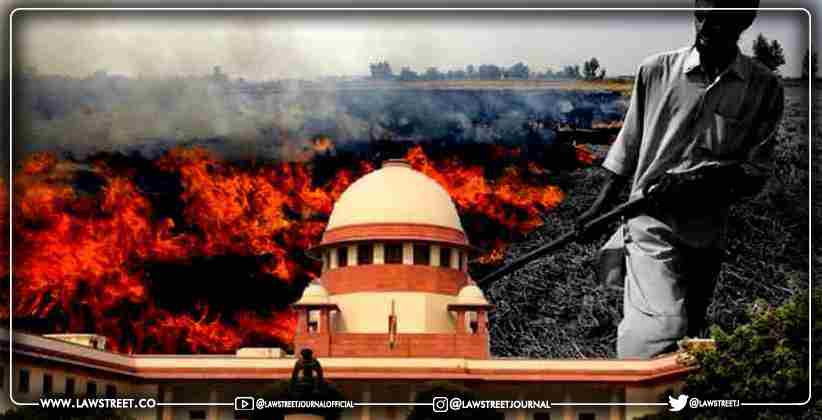NEW DELHI: In an important judgment, the Supreme Court on Wednesday said exemption to accused from appearance in court can't be denied just because he was not granted anticipatory bail.
The top court said the power to grant exemption to an accused from personal appearance before the court under the Criminal Procedure Code should not be read in a restrictive manner as applicable only after the accused has been granted bail.
A bench of Justices Sanjiv Khanna and S V N Bhatti also emphasised the charge sheet must contain clear and complete entries of all columns to enable the court to understand which crime has been committed by which accused and what is the material evidence available on the file.
The court said it is a settled position of law that non-bailable warrants cannot be issued in a routine manner and that the liberty of an individual cannot be curtailed unless necessitated by the larger interest of public and the state.
The court explained various provisions of the Criminal Procedure Code in its judgment on May 1, 2024.
While there are no comprehensive set of guidelines for the issuance of non bailable warrants, this court has observed on several occasions that non bailable warrants should not be issued, unless the accused is charged with a heinous crime, and is likely to evade the process of law or tamper or destroy evidence, the bench said.
"The observation that there is no provision for granting exemption from personal appearance prior to obtaining bail, is not correct, as the power to grant exemption from personal appearance under the Code should not be read in a restrictive manner as applicable only after the accused has been granted bail," the court said.
In its verdict, the court also asked the magistrate to be cautious in examining whether the facts of the case disclose a civil or a criminal wrong.
"Attempts at initiating vexatious criminal proceedings should be thwarted early on, as a summoning order, or even a direction to register an FIR, has grave consequences for setting the criminal proceedings in motion. Any effort to settle civil disputes and claims which do not involve any criminal offence, by way of applying pressure through criminal prosecution, should be deprecated and discouraged," the bench said.
The bench also said the chargesheet is complete when it refers to material and evidence sufficient to take cognisance and for the trial.
"The nature and standard of evidence to be elucidated in a chargesheet should prima facie show that an offence is established if the material and evidence is proven. The chargesheet is complete where a case is not exclusively dependent on further evidence. The trial can proceed on the basis of evidence and material placed on record with the chargesheet," it said.
The court also said the investigating officer must make clear and complete entries of all columns in the chargesheet so that the court can clearly understand which crime has been committed by which accused and what is the material evidence available on the file. Statements under Section 161 of the Code and related documents have to be enclosed with the list of witnesses.

.webp)





![Order to appoint One Man Committee of Justice (Retd.) Lokur for the Prevention of Stubble Burning Kept in Abeyance by SC itself [READ ORDER]](/secure/uploads/2020/10/lj_8849_Order_to_appoint.jpeg)









